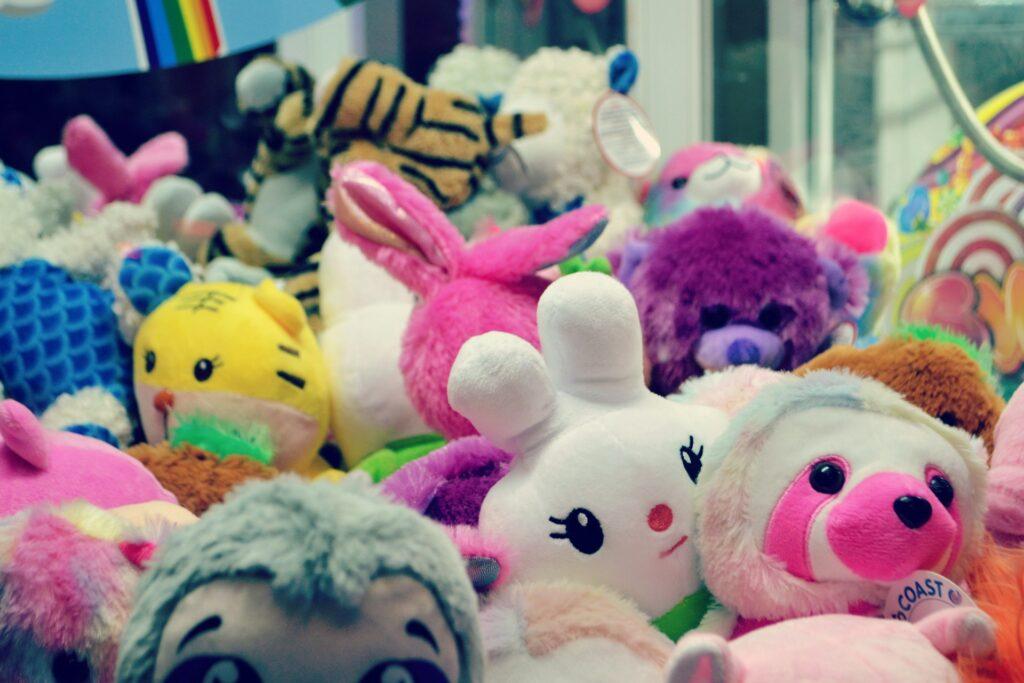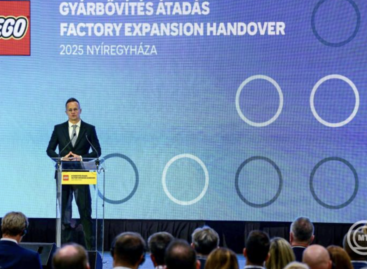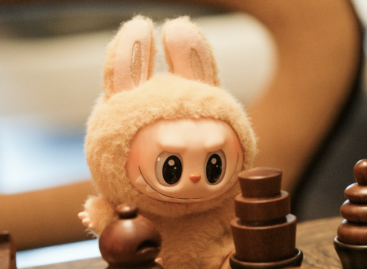When a plush toy was worth more than a stock – the lessons of speculative manias
When we hear the word “speculation,” we tend to think of stock markets, cryptocurrencies, or real estate. But in essence, speculation is simply human nature — trying to anticipate what might increase in value. Sometimes, however, that instinct leads to surprising investment frenzies involving plush toys, phone cards, or cardboard discs. The examples below reveal how even the simplest items can become speculative gold — and how quickly such bubbles can burst.

From Toy to Treasure – The Beanie Babies Craze
In the Christmas of 1996, an American mom paid over $200 for a tiny purple bear named “Princess the Bear,” originally sold for just $5. The plush toy was part of the Beanie Babies line from Ty Inc., which deliberately produced limited edition figures to create the illusion of scarcity.
Some rare Beanie Babies reached prices as high as $5,000 on eBay. The craze drove traffic to the platform and turned toys into investments. But by the early 2000s, the market collapsed under the weight of fakes, mass production, and buyer fatigue. Today, the once-prized collections gather dust in attics, their value mostly sentimental.
The Real-Life Loot Box – Blind Box Figurines
In 2017, China saw the rise of “blind box” toys — collectible designer figurines sold in mystery packaging. Buyers never knew which figure they’d get, but rare ones could be flipped for hundreds of dollars. Brands like Pop Mart led the trend, creating waves of consumer hysteria.
Some shoppers used x-ray tricks to identify boxes with rare figures. Eventually, state regulations, oversupply, and fading hype cooled the market. Though enthusiasts still unbox new series, the peak of the mania has passed.
Phone Cards Worth a Fortune
In the early ’90s in Central and Eastern Europe — including Hungary — prepaid phone cards became collector’s items. Providers issued thematic cards for sports, holidays, and cities. Limited editions sold for tens of thousands of forints, and swap meets flourished.
But as mobile phones replaced payphones, the cards lost their utility and value. Only the most dedicated collectors remain interested today, and prices have dropped to mere fractions of what they once were.
From Playground to Profit – The POG Phenomenon
POGs, the cardboard discs originating from Hawaii, became a global phenomenon in the mid-1990s. The simple slammer-based game quickly turned into a collectors’ frenzy, with holographic and franchise-themed editions (Star Wars, Marvel) commanding high prices.
Some rare POGs were sold for thousands of forints. But once every supermarket released its own set, the novelty faded. The bubble burst, and most kids — and their parents — moved on.
What Can We Learn from These Manias?
Speculative bubbles are less about the object and more about human psychology. All it takes is a compelling story, perceived rarity, and a dash of FOMO (fear of missing out) to ignite a frenzy. Markets follow patterns: a small group starts the trend, attention grows, crowds follow, and then comes the crash.
Those who get in early can profit. But most join during the mania — only to face disappointment. In the end, anything can become an investment if people believe in it. But that belief rarely lasts forever.
Related news
Mattel welcomes 2026 with an autistic Barbie doll
🎧 Hallgasd a cikket: Lejátszás Szünet Folytatás Leállítás Nyelv: Auto…
Read more >The world’s second largest LEGO factory was established in Nyíregyháza
🎧 Hallgasd a cikket: Lejátszás Szünet Folytatás Leállítás Nyelv: Auto…
Read more >Related news
Historic price reduction at ALDI
🎧 Hallgasd a cikket: Lejátszás Szünet Folytatás Leállítás Nyelv: Auto…
Read more >







